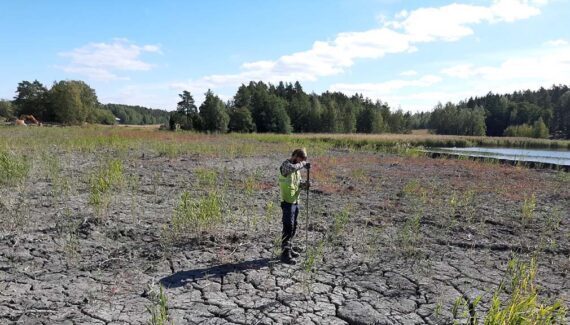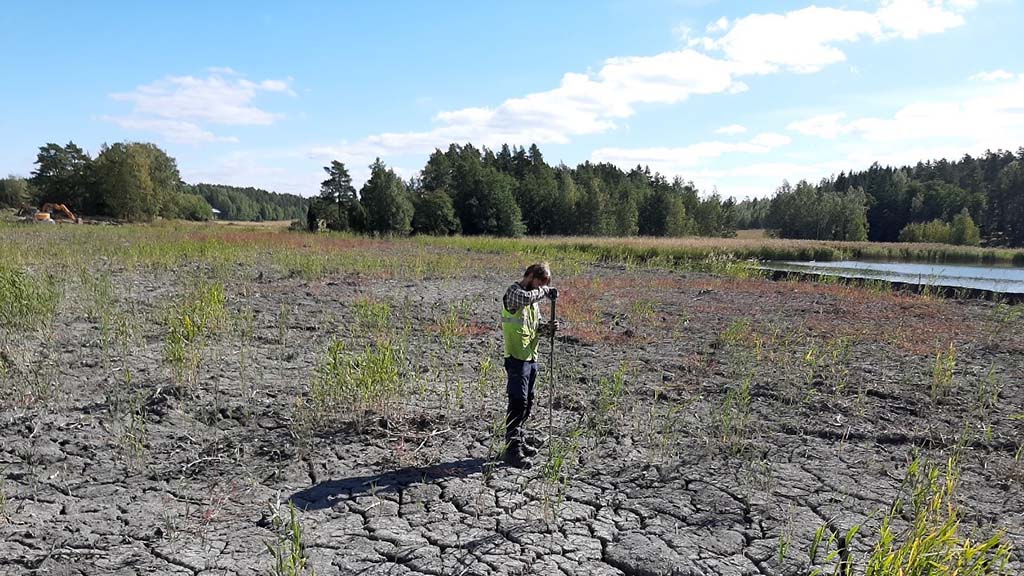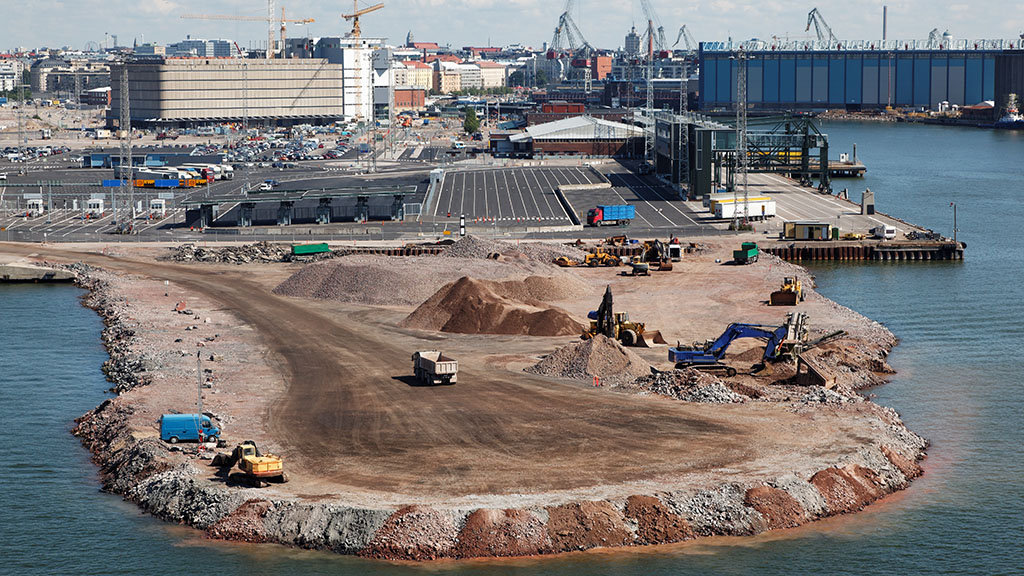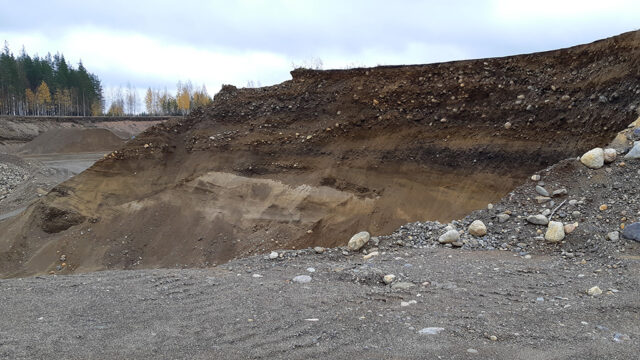
Excavated Soil and Dredged Material
GTK offers services for the management of environmental risks arising from the placement of excavated soil and the deposition of sediment on land. The surveys assist in the identification of the acid generation potential and harmful metals.

Characterisation for risk assessment
Research methods based on latest knowledge
Reducing environmental impacts of land use
Comprehensive service from sampling to safe placement
Our service responds to the need for the safe placement of excavated soil and sediments to be deposited on land in accordance with a proposed government decree on the use of soil waste in earthworks. The measures ensure that the placement of soil and dredging material is safe for humans and the environment.
The service also promotes the consideration of acid sulfate soils during construction, as they can be a harsh corrosion environment for various structures, steel, and concrete. Furthermore, the determination of the chemical properties of soil assists the selection of stabilisation solutions.
The service includes the planning of the surveys on the excavated soil or sediments to be deposited and, if necessary, planning of the deposition site or temporary storage facility. GTK`s service also includes the following
- sampling
- analysis of total and soluble concentrations of the samples by an accredited laboratory using accredited and standard methods (approximately 40 chemical elements and properties)
- determination of the acid generation potential
- interpretation of the results
The surveys are particularly important for excavated soil and sediments containing sulfides, black shales or other sulfide-containing rocks with a naturally high concentration of arsenic or metals.
If necessary, we also provide recommendations for the planning of preventive measures such as neutralisation (with lime or industrial side stream materials).
Finland’s most comprehensive research and analysis service
GTK’s surveys and background concentration studies are based on the latest research data and guidelines such as the Tunnistus project (development of field-based identification methods for acid sulfate soils), the national guide to acid sulfate soils in construction projects, and the guide for assessing and managing the environmental impact of black shales.
GTK also has access to Finland’s most comprehensive datasets on acid sulfate soils and black shale occurrences. In addition, our laboratory specialising in the analytics of acid sulfate soils offers specialised analyses such as sulphur speciations.

Reducing waste and emissions
The service promotes the utilisation of excavated soil and dredged material in construction, which reduces the amount of land use waste. By identifying acid sulfate soils and areas with high background concentrations, it is also possible to reduce the amount of soil to be deposited, which reduces emissions from transport. In addition, the exploitation and neutralisation of soil can be planned with minimal emissions.



Research on the topic
Explore the topic in depth through scientific publications, articles, research reports, and research projects.
Contact us
Leave your contact information and we will get back to you.



